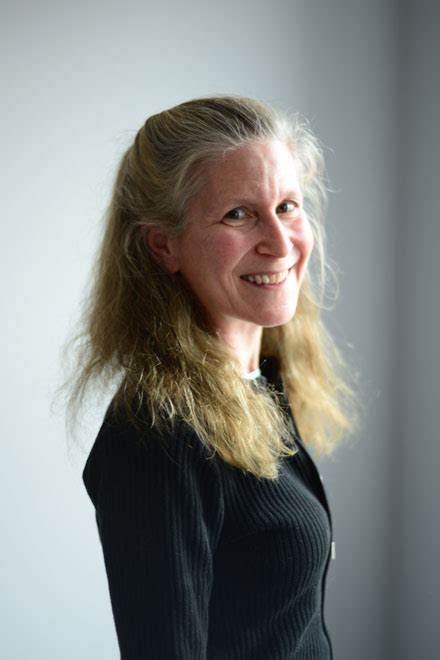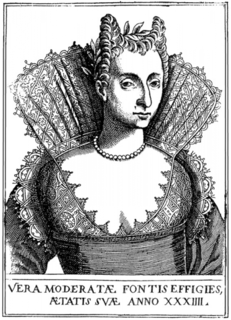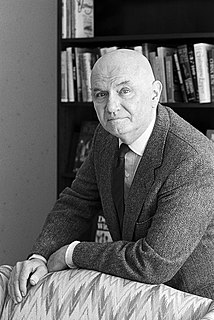A Quote by Ibn Qayyim Al-Jawziyya
There are six stages to knowledge: Firstly: Asking questions in a good manner. Secondly: Remaining quiet and listening attentively. Thirdly: Understanding well. Fourthly: Memorising. Fifthly: Teaching. Sixthly- and it is its fruit: Acting upon the knowledge and keeping to its limits.
Related Quotes
The most valuable thing a teacher can impart to children is not knowledge and understanding per se but a longing for knowledge and understanding, and an appreciation for intellectual values, whether they be artistic, scientific, or moral. It is the supreme art of the teacher to awaken joy in creative expression and knowledge. Most teachers waste their time by asking questions that are intended to discover what a pupil does not know, whereas the true art of questioning is to discover what the pupil does know or is capable of knowing.
First, In showing in how to avoid attempting impossibilities. Second, In securing us from important mistakes in attempting what is, in itself possible, by means either inadequate or actually opposed to the end in view. Thirdly, In enabling us to accomplish our ends in the easiest, shortest, most economical, and most effectual manner. Fourth, In inducing us to attempt, and enabling us to accomplish, object which, but for such knowledge, we should never have thought of understanding.
On the ways that a knowledge of the order of nature can be of use.
I am convinced that it is impossible to expound the methods of induction in a sound manner, without resting them upon the theory of probability. Perfect knowledge alone can give certainty, and in nature perfect knowledge would be infinite knowledge, which is clearly beyond our capacities. We have, therefore, to content ourselves with partial knowledge - knowledge mingled with ignorance, producing doubt.
In order to align your life choices with your values, you will need to inquire about the effects of your actions (and inactions) on yourself and others. Although we are always stumbling upon new knowledge that shifts our choices and life direction, bringing conscious inquiry to life means that we continually ask questions that lead us to the information we need to make thoughtful decisions. Asking questions is liberating because we develop great understanding and discover more choices with our new knowledge
Hire and promote first on the basis of integrity; second, motivation; third, capacity; fourth, understanding; fifth, knowledge; and last and least, experience. Without integrity, motivation is dangerous; without motivation, capacity is impotent; without capacity, understanding is limited; without understanding, knowledge is meaningless; without knowledge, experience is blind. Experience is easy to provide and quickly put to good use by people with all the other qualities.
Wisdom and knowledge can best be understood together. Knowledge is learning, the power of the mind to understand and describe the universe. Wisdom is knowing how to apply knowledge and how not to apply it. Knowledge is knowing what to say; wisdom is knowing whether or not to say it. Knowledge gives answers; wisdom asks questions. Knowledge can be taught, wisdom grows from experience.
No one can teach, if by teaching we mean the transmission of knowledge, in any mechanical fashion, from one person to another. The most that can be done is that one person who is more knowledgeable than another can, by asking a series of questions, stimulate the other to think, and so cause him to learn for himself.
Humility is essential to the acquiring of spiritual knowledge. To be humble is to be teachable. Humility permits you to be tutored by the Spirit and to be taught from sources inspired by the Lord, such as the scriptures. The seeds of personal growth and understanding germinate and flourish in the fertile soil of humility. Their fruit is spiritual knowledge to guide you here and hereafter.
But in reading Shakespeare and in reading about Edward de Vere, it's quite apparent that when you read these works that whoever penned this body of work was firstly well-travelled, secondly a multi-linguist and thirdly someone who had an innate knowledge of the inner workings and the mechanisms of a very secret and paranoid Elizabethan court. Edward de Vere ticks those three boxes and many more. William of Stratford gave his wife a bed when he died [his second best bed].




































